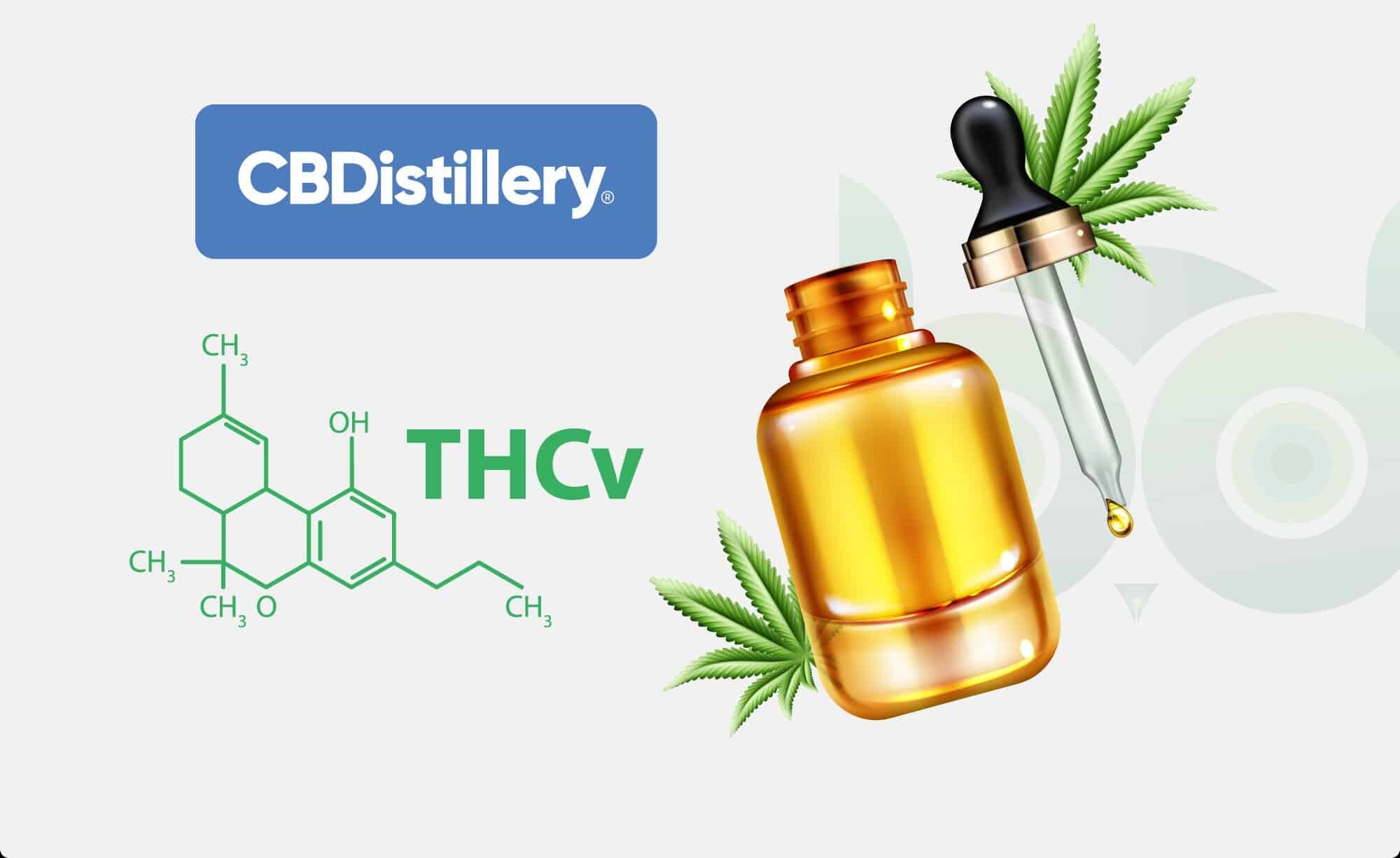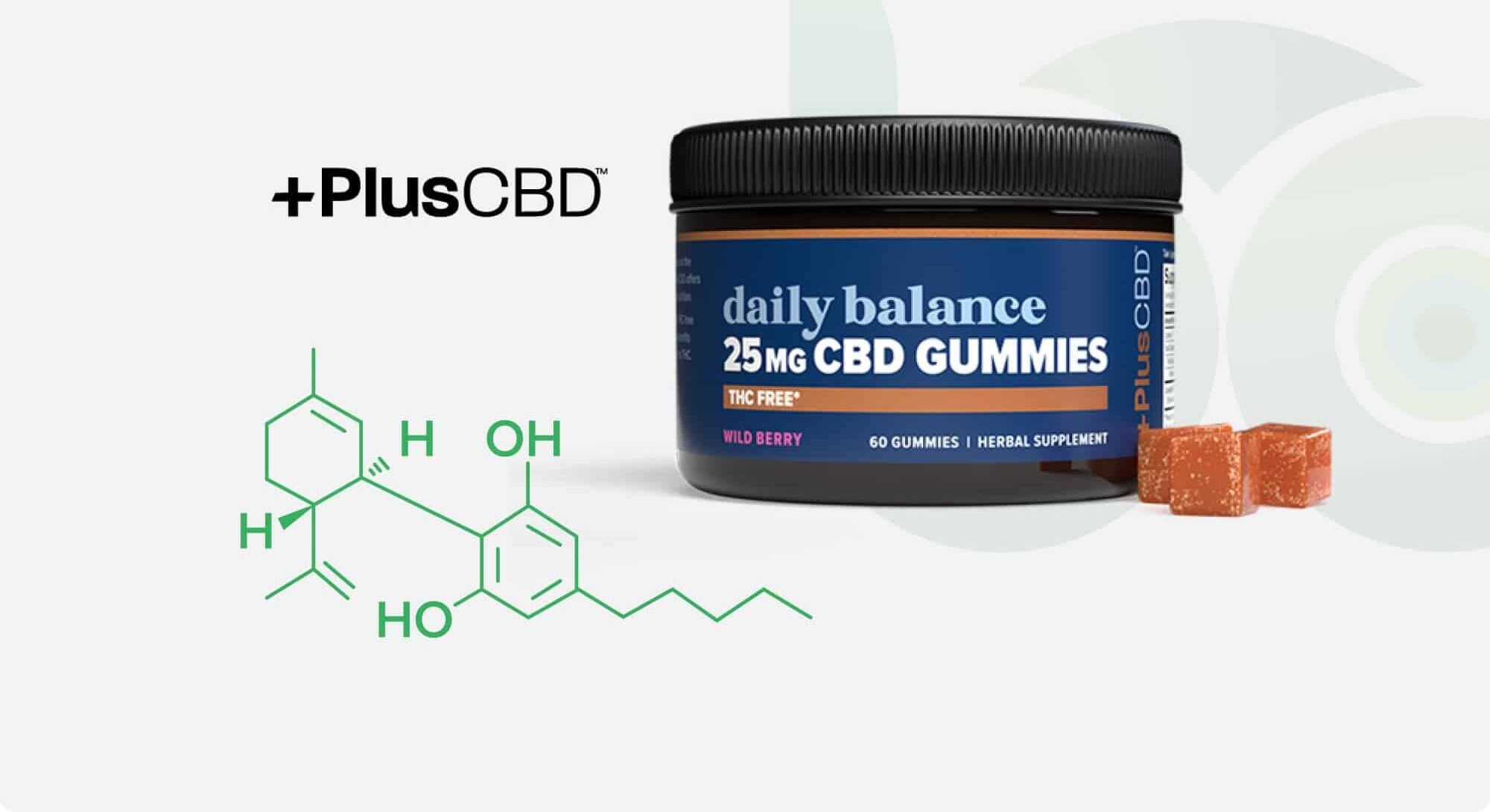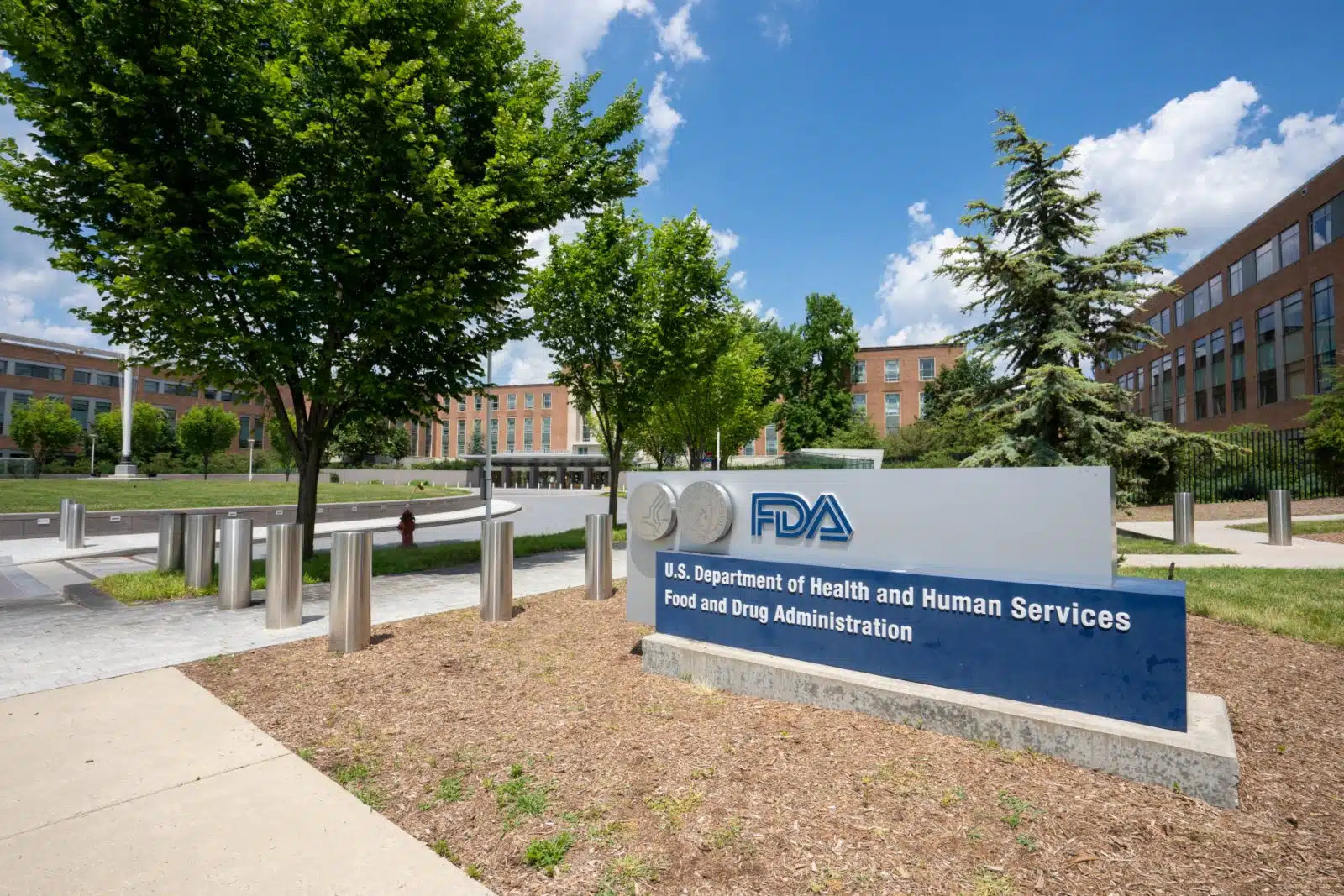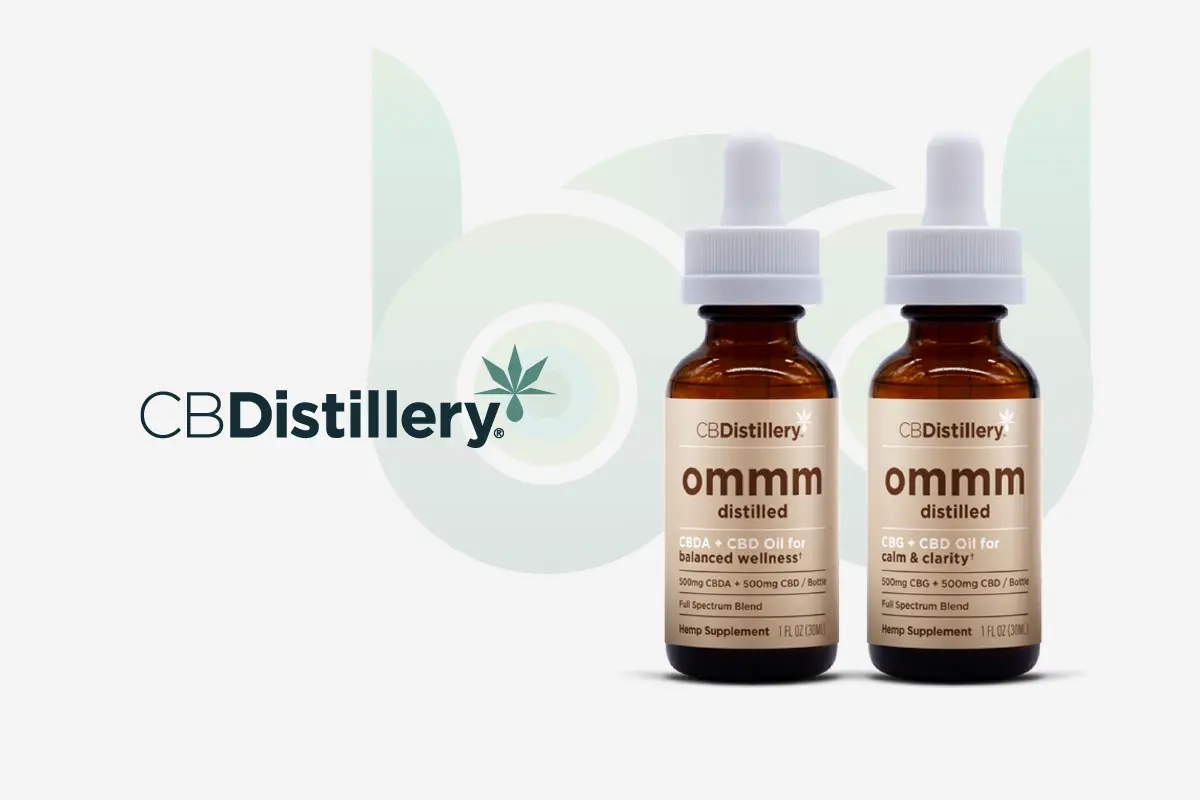-
- Market Research
- |
- CBD Near Me
- |
- Giveaways
- |
- Newsletter
- |
- Contact
- |
- Advertise
- |

A new observational study by Midwest Allergy Sinus Asthma Clinic in Illinois measuring the “long-term consumption of oral cannabidiol on liver function in healthy adults” has produced favorable results for CBD advocates.
The possibility of liver toxicity is very high on the list of concerns cited by the FDA (and some consumers) as reasons to delay creating regulatory pathways for the hemp-born compound to be sold and consumed in food, beverages, and supplements.
On mice and in humans, some studies have argued that CBD has “hepatoprotective” (helping the liver) effects, while others like this well-known study from the University of Arkansas for Medical Sciences showed hepatotoxic effects.
Of course, the latter finding was conducted on mice, using as much as 2460mg/kg of CBD, two potentially obfuscating issues resolved by the new study in mention.
In the Midwest Allergy Sinus Asthma Clinic study, 839 participants using various forms of hemp oil (55.7% full spectrum, 3.8% broad spectrum, and 40.5% CBD isolate) were observed for 30 days.
Throughout the observation period, an app-based platform called ValidCare was used to collect data, including participant demographic information, reasons for taking hemp oil, dosage, and more.
At the conclusion of the observation period, participants underwent liver tests, which measure various liver enzymes (aspartate aminotransferase, alkaline phosphatase, and others) to determine whether or not liver damage has occurred.
The results indicated that liver enzyme elevations were “not significantly different from known adult general population,” and that there was no connection between CBD and liver test readings.
The US Hemp Roundtable, the nation’s leading hemp advocacy organization, blasted the FDA over the results of the study.
“While the FDA continues to cite lack of safety data for delaying the development of a regulatory framework for CBD and other cannabinoids, this new evidence puts into question the agency’s own claims and arguments against moving forward with regulation,” said the Roundtable in a post on its website.
The organization also continued its call for federal legislation: “The findings from this study and prolonged inaction by FDA to regulate CBD continue to underscore the urgency for Congress to prioritize passing a legislative solution this year.”







